In 2020, the European Union's External Affairs Minister, Josep Borrell, expressed the idea that COVID-19 would reshape the world order and it will bring about significant changes. As we now stand in 2023, the global geopolitical landscape has indeed transformed, influenced by a variety of factors.
The COVID-19 pandemic exposed the weaknesses in global governance, particularly in the realm of public health. It also contributed to a shifting balance of power, with China and Asia gaining prominence on the global stage. The United States' trajectory has been affected by the pandemic, and the competition for global influence between the USA and China, along with Russia's role, has become a dominant factor.
This new world order is characterized by changes in over-consumption, global value chains, globalization, and our relationship with nature. Global supply chains are being reconfigured, with new alliances forming and industries relocating to different destinations. For example, the "China+1" policy is leading to considerations of India and Vietnam as attractive destinations due to their cost-effective labor and favorable business environments.
The Russia-Ukraine conflict has had a significant impact on the geopolitical landscape. The expansion of NATO and a stronger US-Europe partnership raised concerns in Russia, leading to its invasion of Ukraine. Russia's global isolation has pushed it closer to China. Similarly, the Israel-Palestine conflict highlights the volatility in West Asia, with Iran seeking closer ties with China. These developments emphasize the polarization of the world, requiring India to navigate diplomatic challenges to protect its national interests.
India's role in this evolving world order is of great interest. The successful hosting of the G-20 Leader's Summit in 2023 and the "New Delhi Declaration" underscored India's importance. The US and the West have recognized India's role in the Indo-Pacific for maritime security and countering Chinese influence. India's historical ties with Russia also position it as a potential bridge between Russia and the West. By attracting investments in manufacturing and serving as a global supply chain hub, India can play a significant role in sustainable development and global progress, in line with the principles of "Vasudhaiva Kutumbakam" (One Earth, One Family, One Future).
(Writer is Alumni & Scholar, St. Stephen’s College, New Delhi)







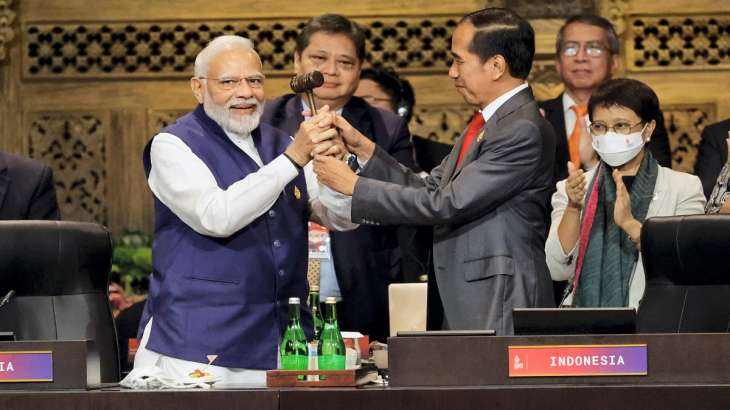
 OpinionExpress.In
OpinionExpress.In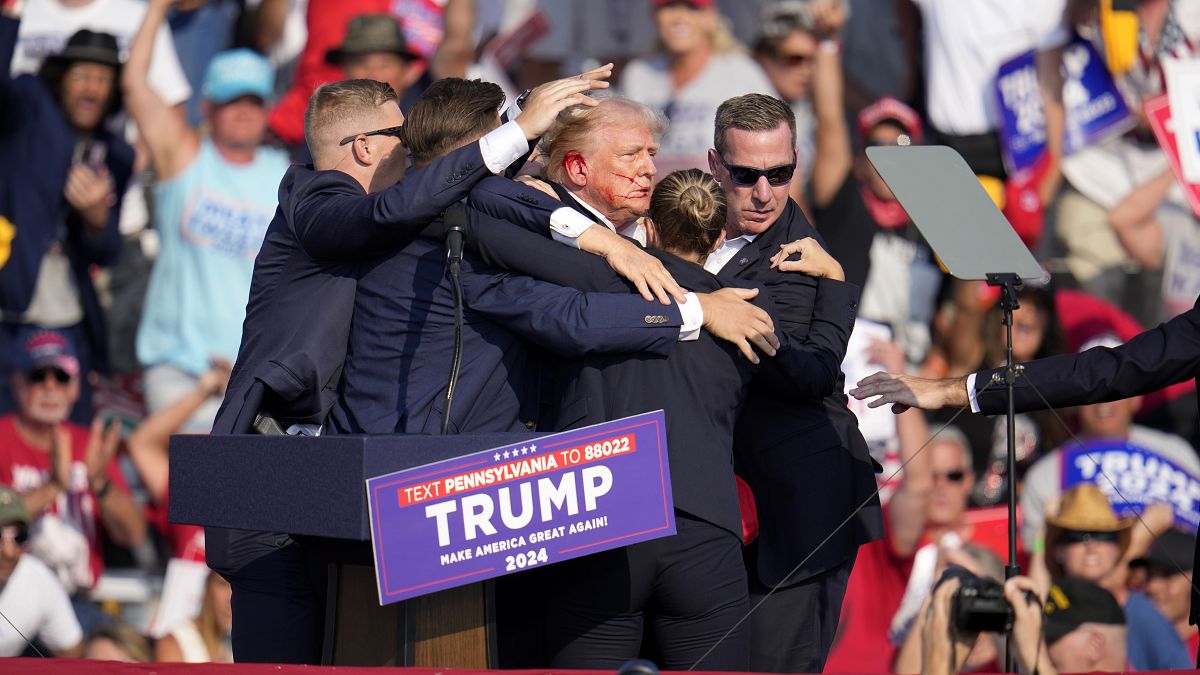
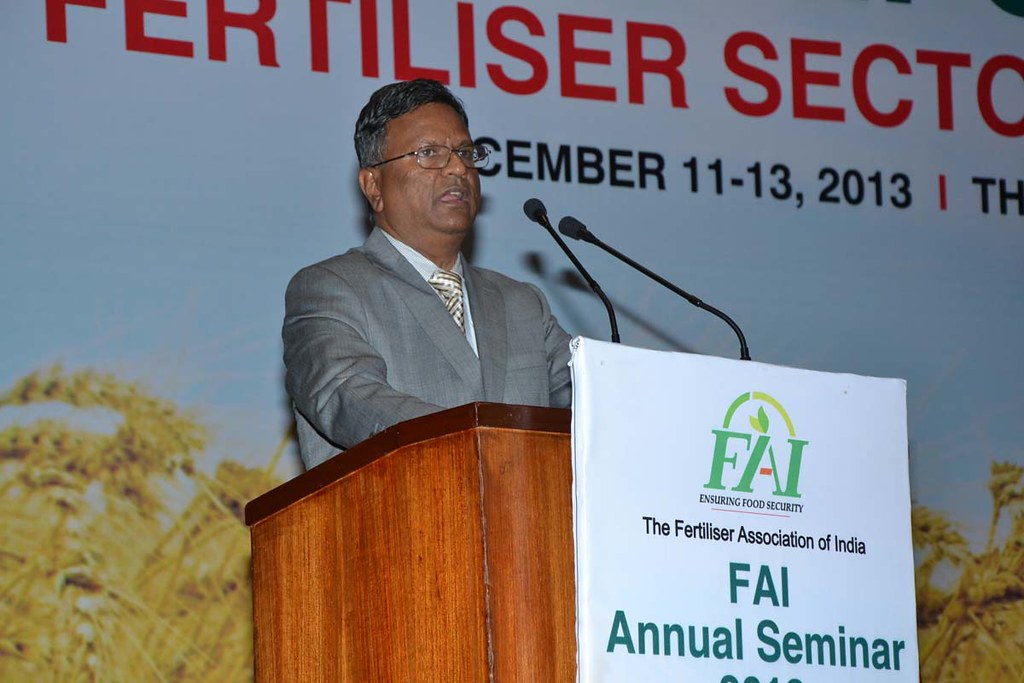
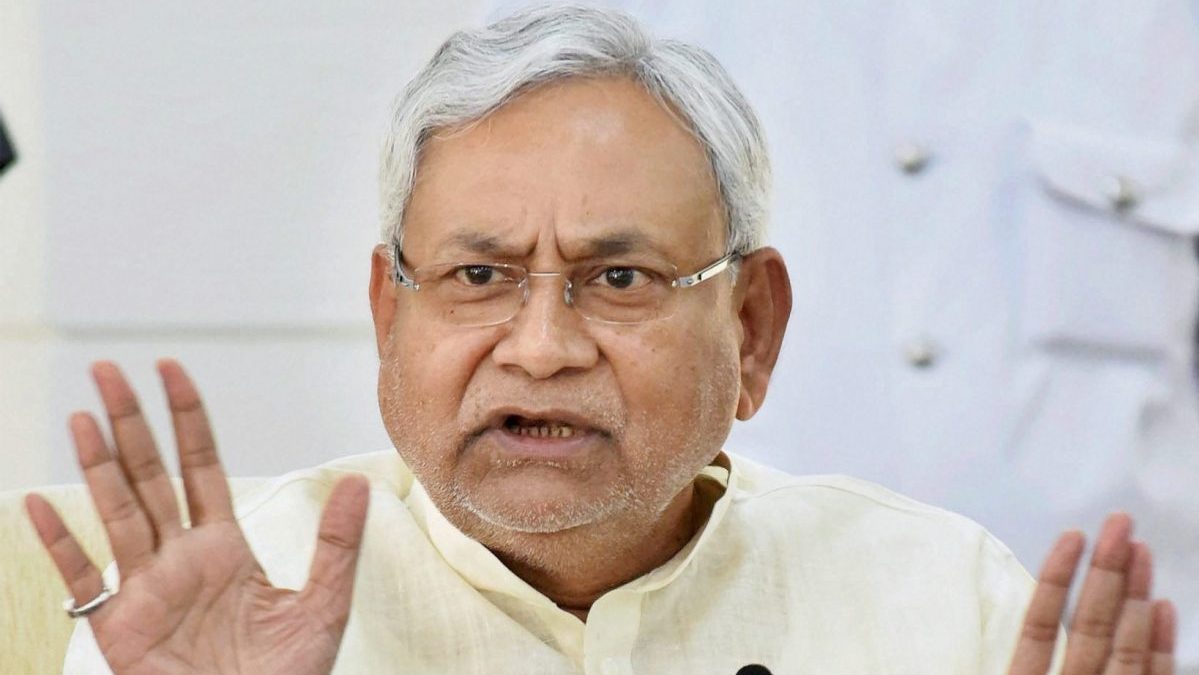


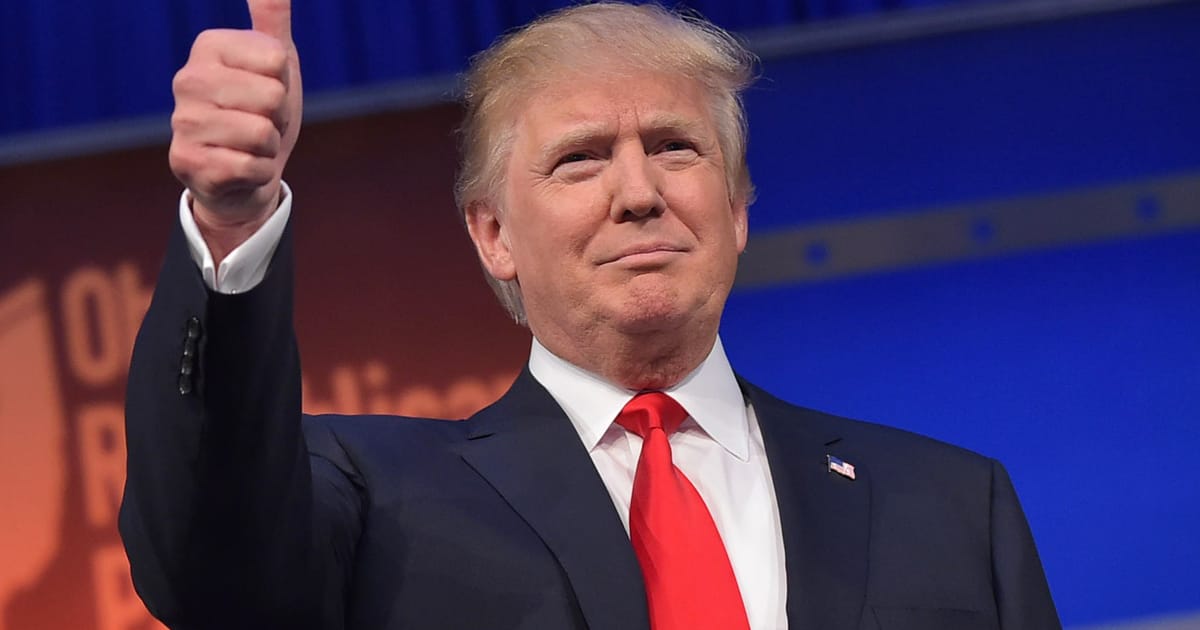
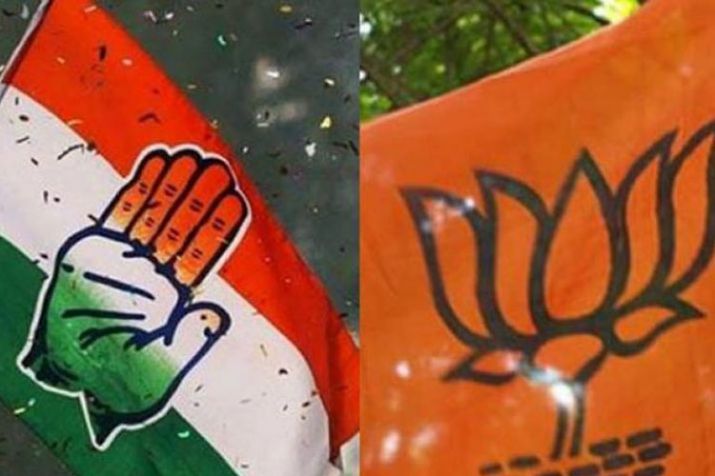
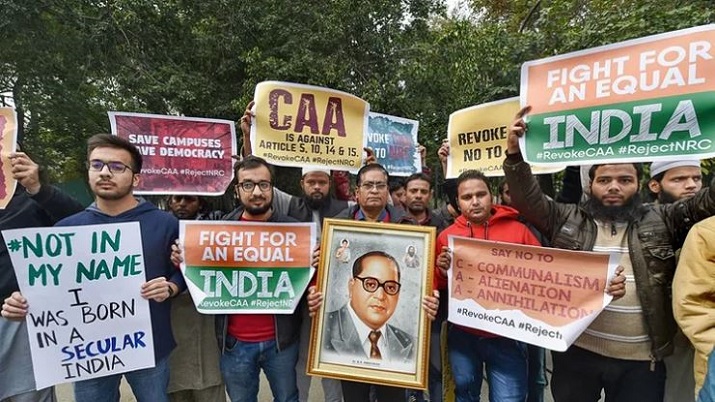
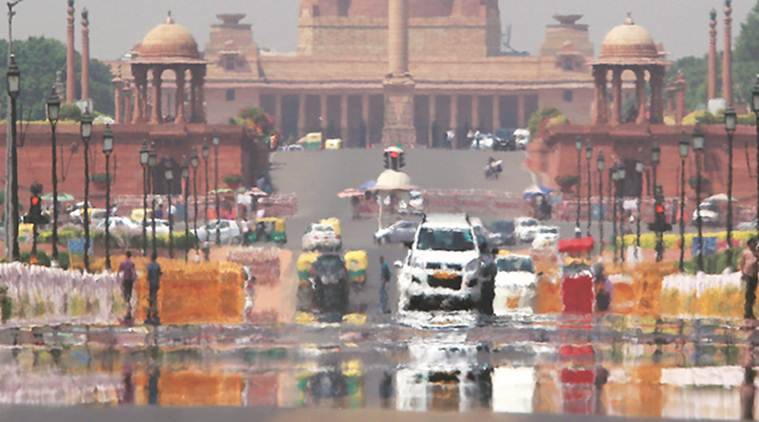
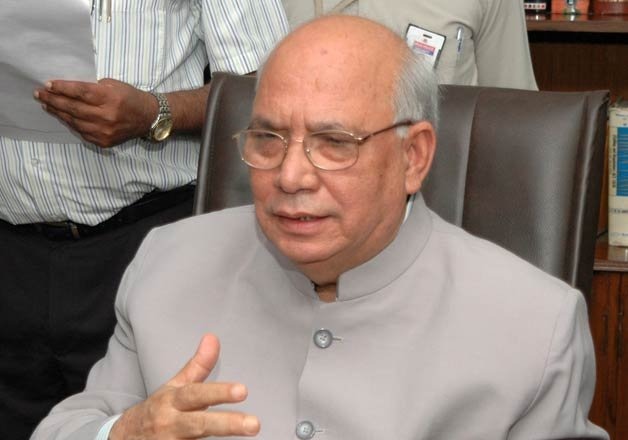






Comments (0)